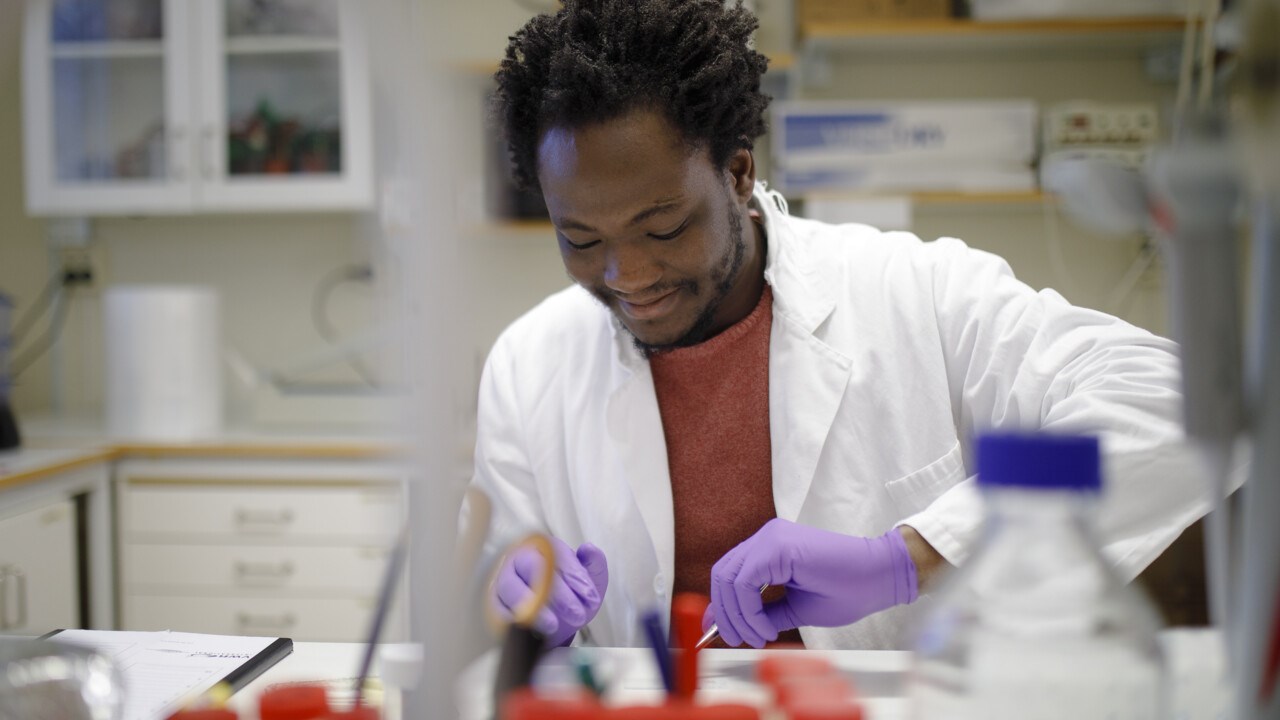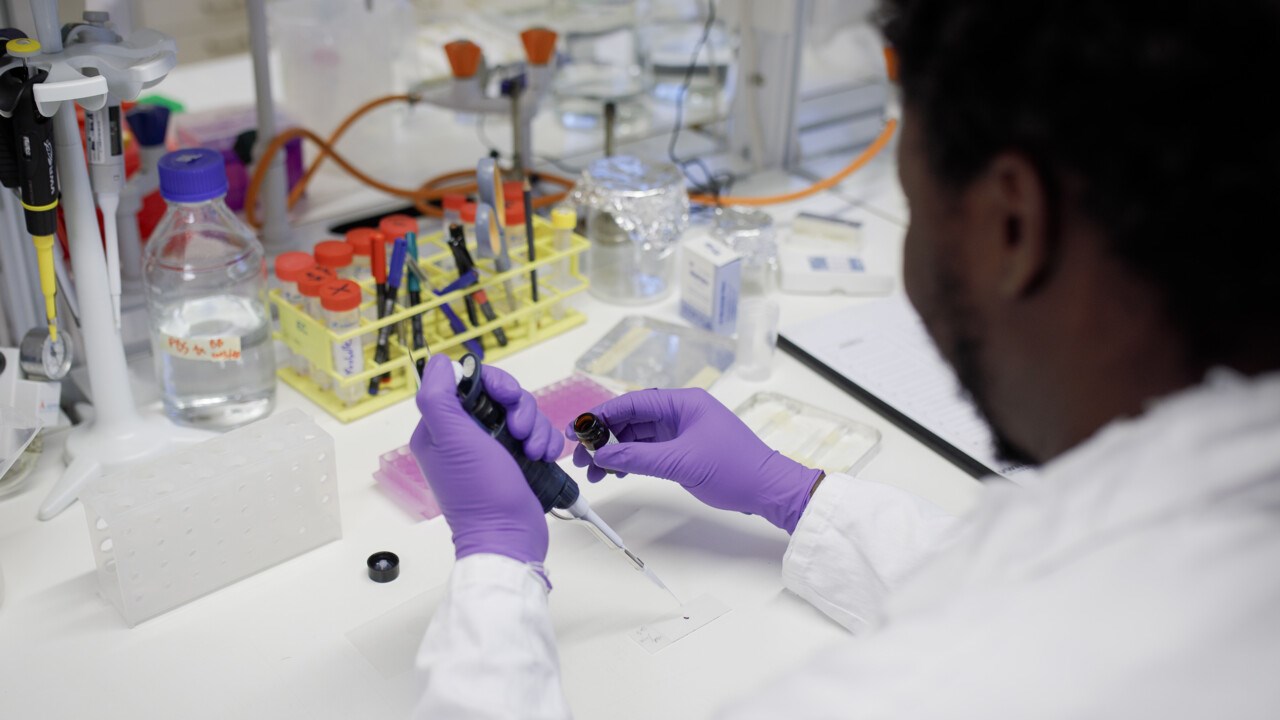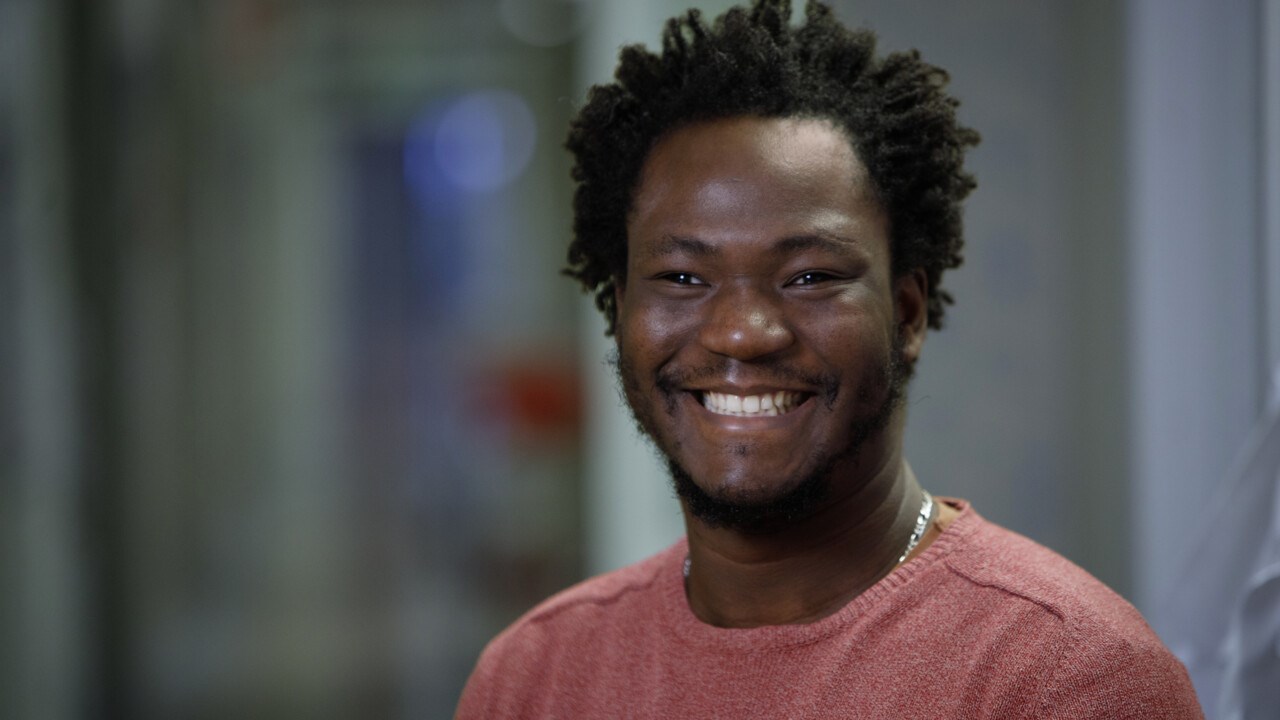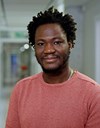Short facts about Baptiste
Coming from: France
Me in three words: Enthusiastic, curious, motivated
What is exciting with your research subject? RNA modifications add a new layer of complexity to the regulation of gene expression
Interests: Playing football and video games, skiing, watching movies or TV shows
Streaming: Podcasts on science (astronomy, philosophy)
Unexpected talent: Gifted in cooking and baking
Miss from home: I know it is a cliché from a French person but cheese and wine
The first Swedish word I learnt: Hej!
On my bucket list: See the Aurora Borealis, visit Stockholm and the rest of Sweden
Favourite holiday spot: The Alpes in France





